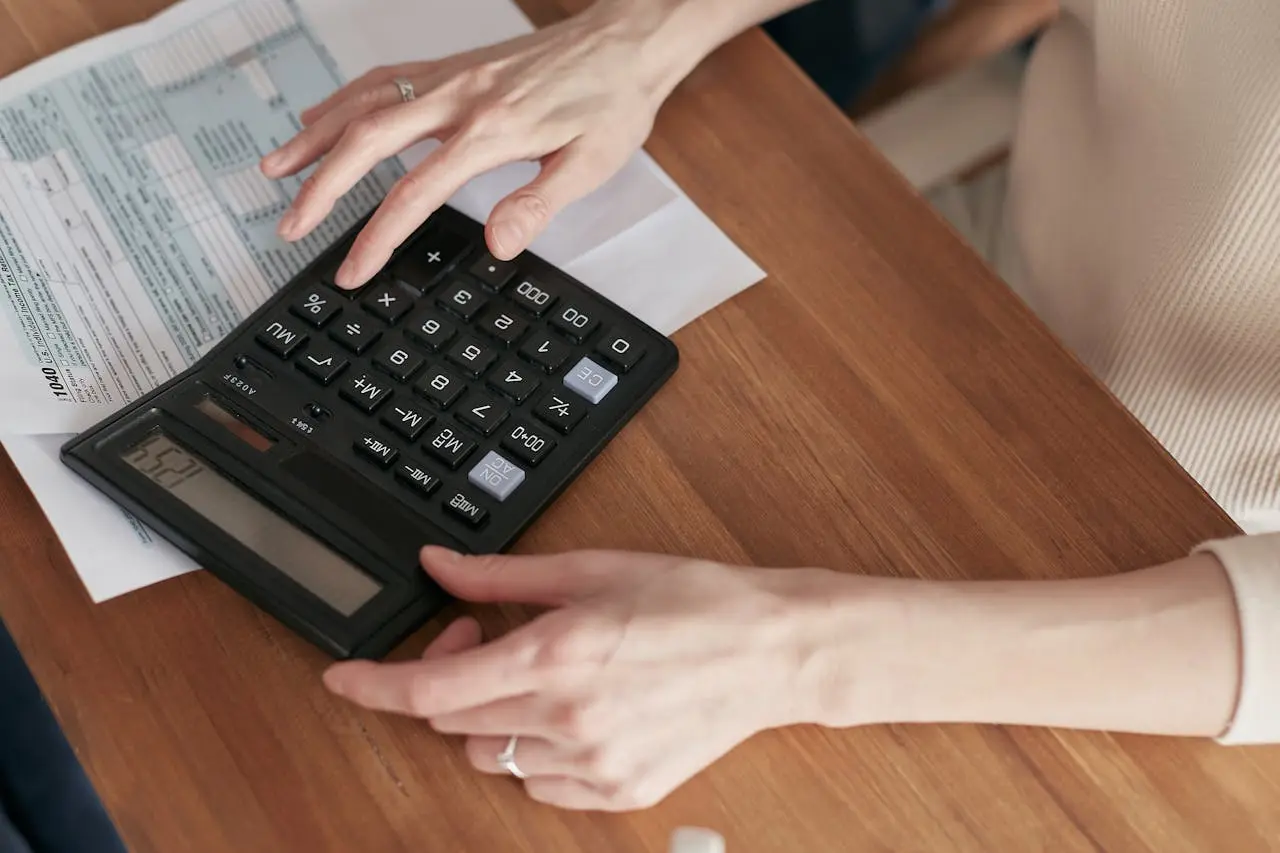Dar Al-Tharwah and Investment Opportunities in Dubai: Real Estate and Modern Markets
When people think of Dubai, the first thing that often comes to mind—even for many new investors—is real estate investment. It’s almost as if Dubai wouldn’t exist without property! But years of experience at Dar Al-Tharwah have shown us that this is far from the only investment opportunity in this dynamic and vibrant city.
We often meet investors who have just arrived in Dubai, drawn in by flashy marketing campaigns and the excitement of the real estate market, only to suddenly put a large chunk of their wealth into properties. Sure, real estate is one of the most popular and widely recognized investment options, and many wealthy individuals allocate a significant part of their portfolios to it. Yet the truth is, Dubai is so much more than it appears at first glance.
Transparent and attractive regulations, robust financial infrastructure, and a thriving business environment have made Dubai one of the investment hubs of the Middle East. This has attracted investors from around the world each year, all eager to explore its diverse financial opportunities.
However, at Dar Al-Tharwah, we’ve seen that newcomers often focus solely on real estate, investing a substantial portion of their assets in construction projects without fully understanding the risks involved. The reality is, every investment comes with its advantages and disadvantages, and the property market is no exception. Price fluctuations, lower liquidity, additional costs, and legal complexities are some of the risks you need to consider before entering this market.
We always remind our clients at Dar Al-Tharwah that smart investing means looking at all available options. A broader perspective allows investors to make better decisions and reduce unnecessary risks. Investment isn’t limited to real estate—Dubai offers plenty of opportunities to grow wealth: from startups and innovative businesses to the stock market, digital assets, and successful franchises.
In this article, we aim to provide a comprehensive look at investment options in Dubai and explain why you shouldn’t think real estate is your only choice. By reviewing the advantages and risks of each market, we hope to help you make more informed financial decisions. Our goal at Dar Al-Tharwah is to introduce both Iranian and international investors to real opportunities in this city, offering practical guidance for low-risk and profitable investments.
Disadvantages of Real Estate Investment in Dubai and an Introduction to Alternative Options
When people talk about Dubai, the first thing that comes to mind for most people—and even for many new investors—is real estate investment. For many, Dubai equals luxury towers, massive complexes, and flashy real estate advertisements. Our years of experience at Dar Al-Tharwah have shown us that this image is largely accurate; real estate is one of the most popular and well-known investment options in the city, and many wealthy individuals allocate a significant portion of their assets to it.
However, experience has shown that reality is not always the same as the advertisements. We’ve seen clients who are new to Dubai get swept up in the excitement of the market and the colorful property promotions, and end up investing a large portion of their wealth—without fully considering the real risks and limitations.
One such client, Mr. “A,” had just arrived in Dubai and, influenced by flashy marketing, bought a luxury apartment in a well-known area. Everyone around him was saying, “Prices are going up—you don’t want to miss this opportunity.” The fear of missing out (FOMO) led him to make a quick decision without properly evaluating liquidity or additional costs. A few months later, when he wanted to sell, he ran into liquidity issues and had to sell the property for less than he expected.
This is just one example among many similar cases we’ve observed at Dar Al-Tharwah. Common challenges in real estate investment include:
- Low liquidity: Finding a buyer to quickly sell a property is not always easy, especially in certain projects and areas. New investors often expect to access their capital quickly, but the real estate market may not allow for that.
- Hidden and additional costs: Beyond the purchase price, investors must consider expenses such as agency commissions, registration fees, maintenance charges, and insurance. These costs can reduce overall returns and sometimes affect expected profits.
- Price volatility: Dubai’s real estate market can rise or fall rapidly. Buying at the peak may put financial pressure on investors and require a long wait to achieve the desired return.
- Risk of unfinished projects or delayed delivery: Some developments may face delays or changes in plans, disrupting an investor’s financial planning and increasing risk.
- Dependence on external factors: Dubai’s economy, tourism trends, and government policies can heavily influence the property market and affect returns.
Despite all these risks, many investors focus only on the flashy aspects of real estate and fail to consider liquidity, market risk, additional costs, and cash flow. This is where many newcomers encounter unexpected challenges.
That said, at Dar Al-Tharwah, we always emphasize that real estate can be a good investment option, but only if your risk tolerance and the size of your assets allow you to manage these risks effectively. Property remains one of the top options for growing wealth, but a smart investor always looks beyond it—exploring what other opportunities exist in the city with better liquidity, different risk profiles, or even potentially higher returns.

Alternative Investment Options in Dubai
Dubai offers a variety of investment markets that can serve as alternatives or complements to real estate, each with its own risk and return profile. Depending on your assets and financial goals, these markets can provide exciting opportunities.
Startups and Innovative Businesses
Investing in startups can be life-changing, but it comes with high risk. Take Elon Musk, for example—he built much of his fortune by investing in startups like Tesla and SpaceX. These companies became global megatrends, completely transforming his financial life.
Similarly, in Dubai, investing in startups—especially in tech, fintech, and AI—can create significant opportunities.
Some essential rules:
- Carefully evaluate megatrend startups before committing.
- Always seek guidance from experienced advisors to understand risks and exit strategies.
- Never put all your capital into a single startup; diversification is crucial.
Startups can deliver returns faster than real estate, but they are significantly riskier.
Stock Market and Investment Funds
Investing in stocks and diversified funds offers more flexibility compared to property. Dubai-based funds often include global equities, including U.S. companies. These funds vary in risk: some are low-risk with stable returns, while others—especially growth or sector-specific funds—can be highly volatile.
Practical advice:
- Understand the types of stocks (large-cap, mid-cap, small-cap) and their risk profiles.
- If you are entering a new fund, start with a small portion of your capital.
- Diversified funds that include international equities, particularly U.S. stocks, can reduce risk compared to investing in a single property.
Generally, investing in funds can be less risky or slightly riskier than real estate, depending on the type of fund and its diversification.
Digital Assets and Cryptocurrencies
Digital assets and cryptocurrencies are among the riskiest markets today. Prices can swing dramatically within hours. While some investors have made enormous gains, others have lost substantial capital in a short time.
Key points:
- This market is far riskier than real estate.
- Only invest what you can afford to lose.
- Diversify within the digital asset space if you decide to participate.
Cryptocurrencies can offer explosive returns, but their volatility makes them much riskier than property.
Small Businesses and Franchises
Investing in a small business or franchise can provide steady cash flow and a risk profile different from real estate. For instance, opening a popular café or buying a well-known franchise can generate monthly income while giving you operational control.
Compared to property:
- Franchises generally offer better liquidity and active management.
- Risk is moderate—higher than long-term rental property but lower than crypto or early-stage startups.
This type of investment requires active involvement, unlike passive real estate investment.
Comparing All Markets to Real Estate
Here’s a practical comparison:
- Startups: Potentially higher returns, significantly riskier than property.
- Stock market and investment funds: Can be riskier or safer than real estate depending on the type and diversification of the fund.
- Cryptocurrencies: Highly speculative and volatile; much riskier than property.
Small businesses and franchises: Moderate risk with better cash flow and operational control; risk generally lower than startups but higher than stable rental property.
At Dar Al-Tharwah, we always emphasize that real estate remains a solid investment option, but a smart investor should also explore alternatives with different liquidity, risk profiles, or potential returns. Combining real estate with startups, funds, cryptocurrencies, or small businesses allows you to build a diversified and intelligent investment portfolio in Dubai that balances growth with risk according to your financial goals.
Dubai is full of opportunities, but the key is knowing how to take advantage of them. A thoughtful approach—assessing risk, liquidity, and potential return—is essential. By understanding all options, investors can make informed decisions that align with their wealth, risk tolerance, and long-term objectives.





